ISLAMABAD: Pakistan’s Defense Minister Khawaja Asif has criticized the Taliban-led government in Afghanistan, accusing it of acting as a proxy for India and allowing cross-border terror attacks in Pakistan.
“This war of terrorism has been imposed on Pakistan by India, Afghanistan and the TTP working together. The rulers in Kabul, who used to be under our protection and who once hid on our soil, are now sitting in India’s lap and conspiring against Pakistan,” Asif wrote on X, formerly Twitter.
The minister outlined Pakistan’s extensive efforts over the past four years to engage Kabul diplomatically and militarily, which, according to him, have been met with betrayal.
These included four visits to Kabul by Pakistan’s Foreign Minister, two joint visits by the defense minister and ISI leadership, and five trips each by the Special Envoy on Afghanistan and senior Foreign Office secretaries. Pakistan’s National Security Adviser also visited Kabul once, and eight meetings of the Joint Coordination Committee were held.
“Along the border, 225 flag meetings took place, while Pakistan issued 836 formal protest notes and delivered 13 demarches to the Afghan authorities,” he added.
Despite these persistent efforts, Asif said, the situation has only worsened.
From 2021 to date, Pakistan has suffered 10,347 acts of terrorism, resulting in the martyrdom of 3,844 individuals, including civilians, soldiers, and law enforcement personnel, he noted.
Asif said Pakistan’s sacrifices were met not with cooperation but with hostility from the very regime that once found refuge on Pakistani soil.
He declared that Pakistan can no longer afford to maintain relations with Kabul as it has in the past. Asif emphasized that the country’s patience has run out, and there will be no more appeals for peace or high-level visits to Afghanistan. Instead, Pakistan will respond decisively to any acts of terrorism or cross-border infiltration.
“Wherever the source of terrorism lies, it will now come at a heavy cost,” he warned.
Khawaja Asif also stated that all Afghans residing in Pakistan will need to return to their homeland. He pointed out that it has now been five years since what the Taliban calls its “Islamic revolution,” and that Afghanistan must now take responsibility for its citizens.
“The land and resources of Pakistan belong to its 250 million people,” he said, adding that the time for forced hospitality has come to an end.
The minister stressed that Pakistan desires peace with its neighbors, but it will not tolerate hostility or foreign-backed terrorism.
“Self-respecting nations do not live off the land and resources of others,” he said. “If Afghanistan wants to be a neighbor, it must act like one.”
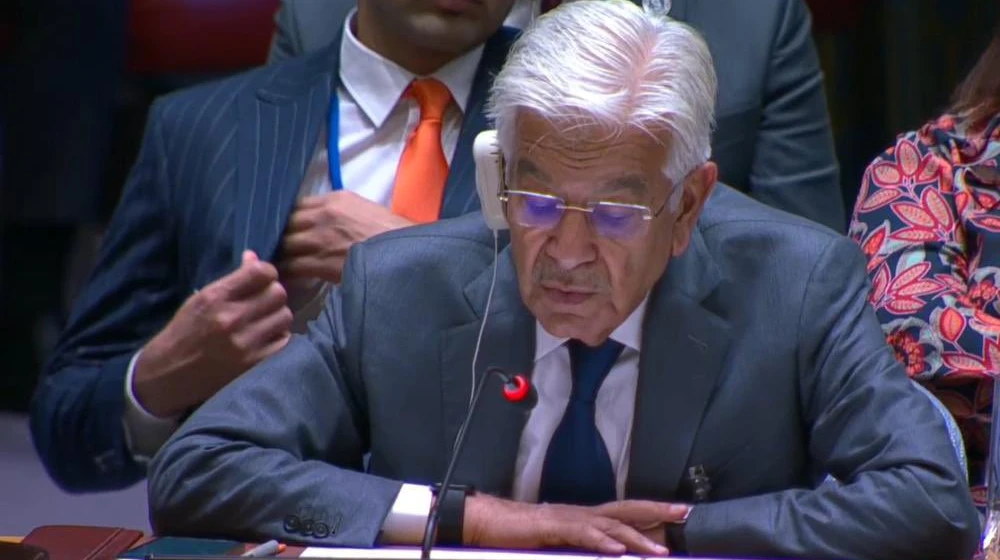
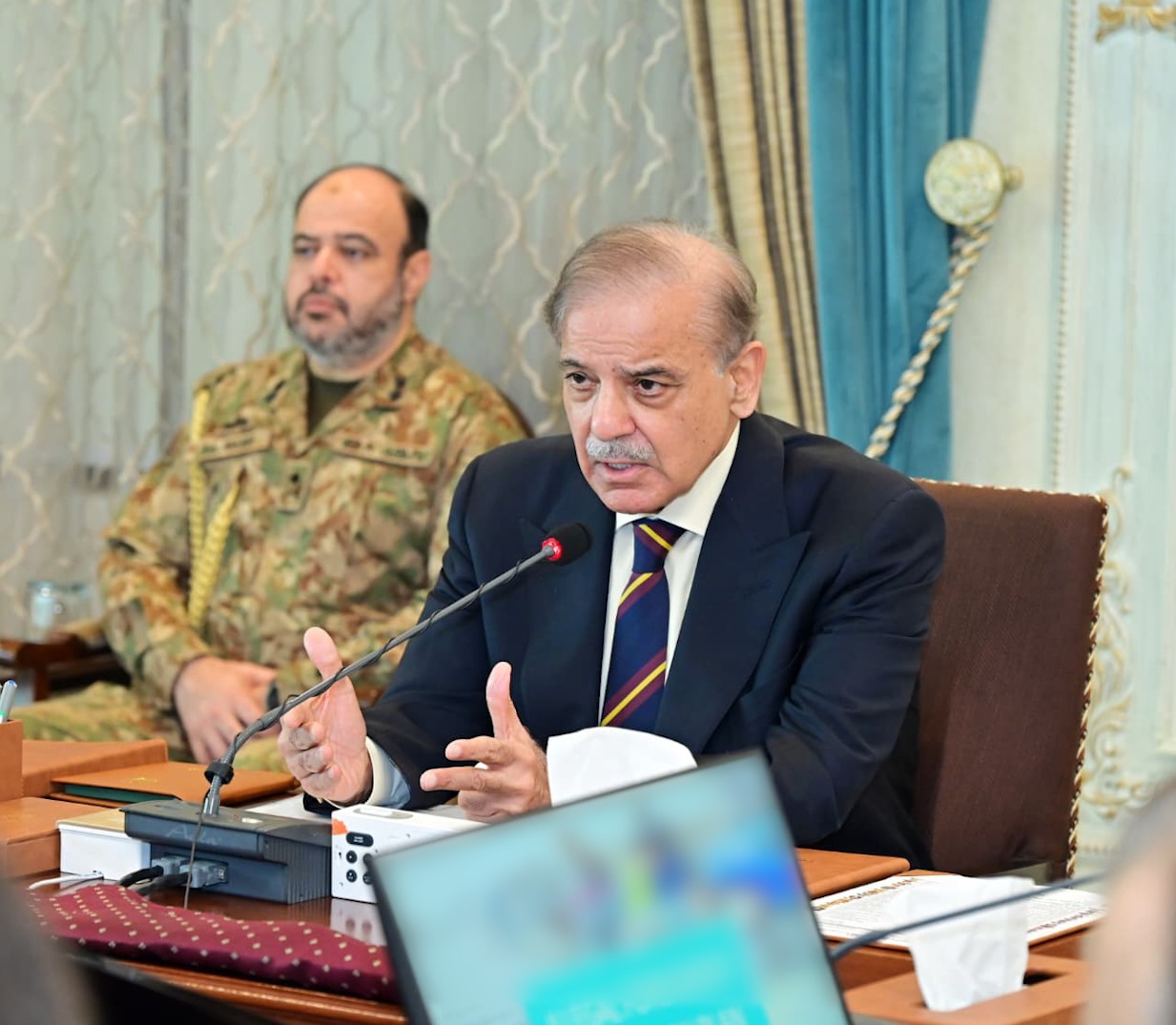
.jpg)
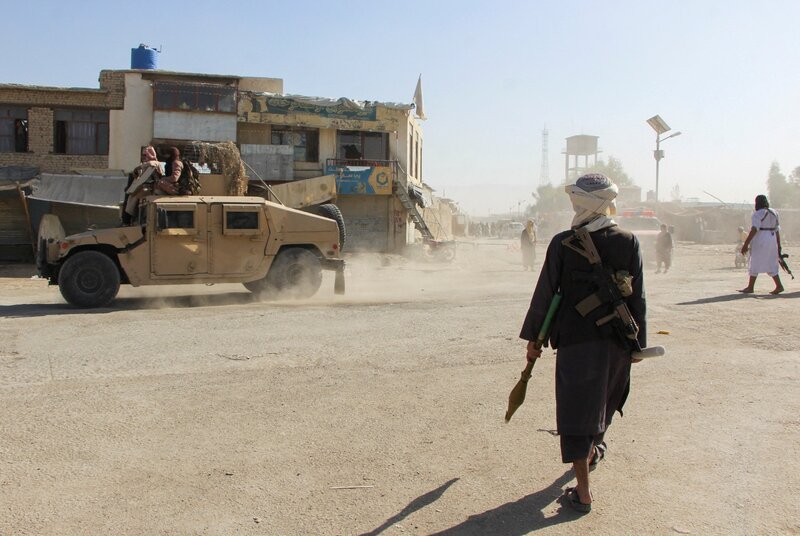
.jpg)
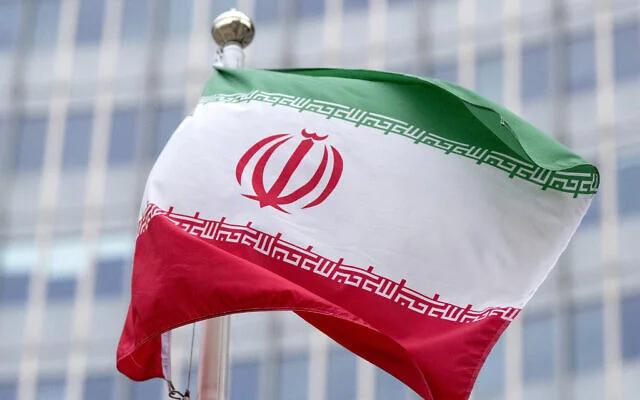
.jpg)
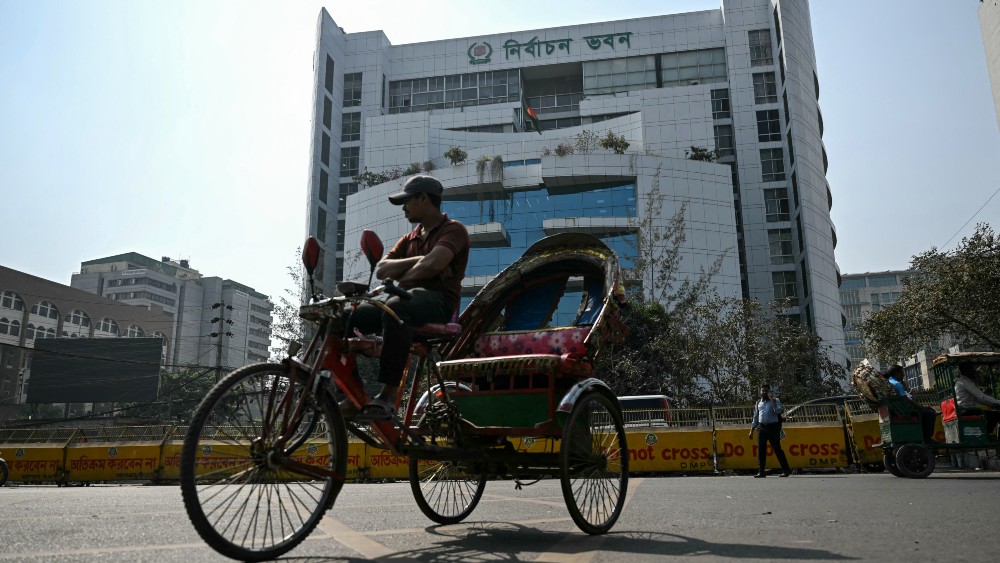
.jpg)

